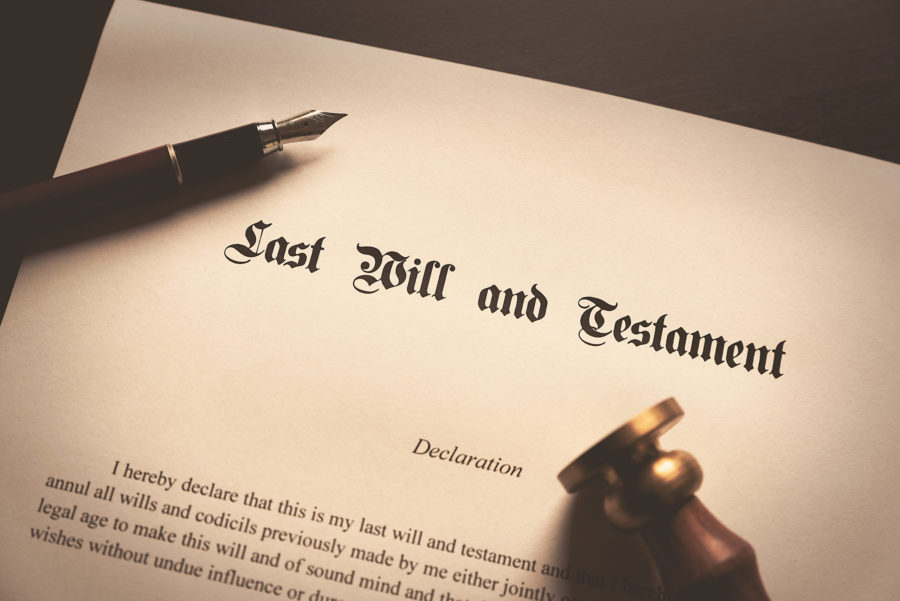
If a will exists, is it enough to avoid probate?

Drafting a will that leaves instructions for how your loved ones and beneficiaries should divide up your assets after your death is important, but simply having a will is not always enough to avoid probate.
A will must be legally validated by a court in order to be enforced. Without a proper estate plan that expresses your wishes, your beneficiaries might end up spending a lot of valuable time and money in court trying to divide up your assets and estate. It can also lead to painful intrafamilial disagreements.
Let’s first look at what probate is and then discuss some of the ways that you and your loved ones can benefit by making a firm plan for your assets and avoiding probate altogether.
What is probate?
Probate is a court process in which a judge validates (or in some cases, invalidates) a decedent’s last will and testament. The probate process can be costly and can dip into some of the assets and property that were meant for you and the decedent’s other designated beneficiaries.
How do I avoid probate?
Now that we’ve defined the probate process, let’s briefly discuss some of the easiest ways to avoid it.
- Self-probating wills: a self-validated will allow a decedent to bypass the probate process. Witnesses must sign and attach affidavits to the will certifying that the decedent was of sound mind when they signed the will and was not coerced into signing.
- Joint Ownership: a joint tenancy with rights of survivorship can help keep you and your estate out of probate court. In this instance, if you jointly own property and one of you dies, the property passes to the survivor. Another form of joint ownership includes “tenancy by the entirety” which is similar to joint tenancy but is exclusively reserved for married couples.
- Revocable Living Trust: you can create a revocable living trust and put assets into it that will pass to a designated new trustee upon your death. While you’re alive, you (the “grantor”) retain control of the trust, but upon your death control of the assets in the trust passes to the person you designated as the new trustee, and that person can then disperse the assets to your beneficiaries. However, any assets that you leave out of your trust will not bypass probate, so anytime you acquire new assets after creating the trust, you must continue to put them in the trust’s name.
- Beneficiary Designations: some of your assets, including life insurance and 401(k)s, have designated beneficiaries, so the funds pass directly to that person upon the death of the decedent.
- Giving Property Away: if you decide to give your property to another person, like a loved one, before you die, then that property can’t be part of the probate process because it is no longer your property. This property can be subject to a gift tax in some circumstances, though.
Need Help? Contact a North Carolina Estate Lawyer Now
Experienced estate planning and probate attorneys like the Gastonia estate planning lawyers at Mullen, Holland & Cooper could help you make a plan for your assets and estate after you die, and help your loved ones avoid a long and costly probate process after your death. Reach out to our attorneys at (704) 864-6751 to schedule a consultation to discuss your goals and plans.






